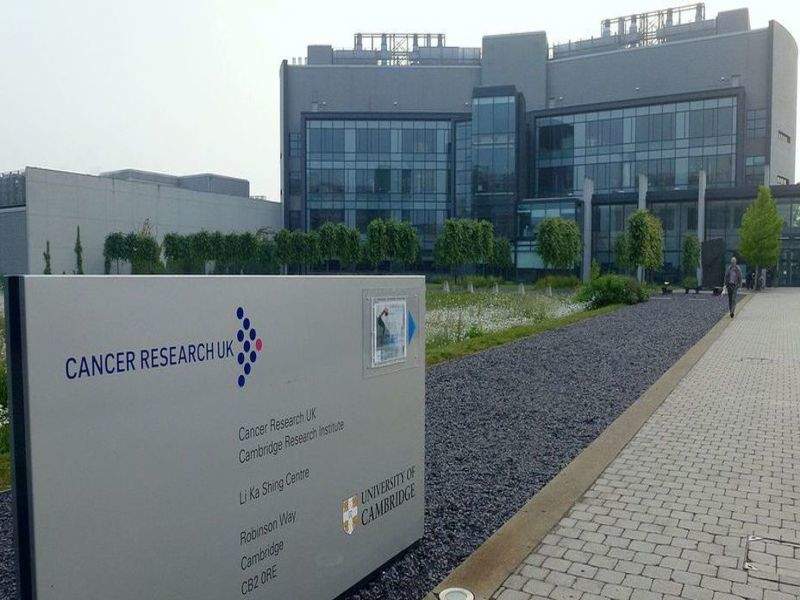

Cancer Research UK-funded TRACERx lung cancer study has claimed that unstable chromosomes within lung tumours increase the chances of cancer relapse after surgery.

Discover B2B Marketing That Performs
Combine business intelligence and editorial excellence to reach engaged professionals across 36 leading media platforms.
The scientists have also used this new knowledge to detect recurrence before standard testing.
The £14m TRACERx study focused on the evolution of cancer in real time in thorough detail.
During the study, the researchers analysed patients from their diagnosis to either disease relapse or cure after surgery to evaluate the progress of cancer disease.
Francis Crick Institute lead researcher Professor Charles Swanton said: “The TRACERx study is Cancer Research UK’s single biggest investment in lung cancer, and for the first time we’ve revealed new insights into how tumours evolve and evade treatment, a leading cause of cancer death.

US Tariffs are shifting - will you react or anticipate?
Don’t let policy changes catch you off guard. Stay proactive with real-time data and expert analysis.
By GlobalData“We believe that this invaluable data generated during TRACERx will be seized upon by research teams across the world, helping us to answer more questions about lung cancer biology.
“We’ve only scraped the surface in terms of what is possible by looking at tumour evolution in such detail.”
A study published in the ‘New England Journal of Medicine’ stated that scientists analysed tumours from 100 non-small-cell lung cancer (NSCLC) patients and found that unstable chromosomes are the driving force behind genetic diversity within tumours.
The study also stated that patients with a high proportion of unstable chromosomes in their tumour were four times more vulnerable to cancer relapse or die within two years.
These genetically diverse tumours can evolve, spread and become drug-resistant, making the treatment complicated.
On the basis of these findings, the researchers conducted another study that is published in ‘Nature’.
From the blood samples collected from 96 of the 100 patients, the study showed that the patchwork of genetic faults present in non-small-cell lung cancer can be monitored using bits of DNA in the blood that have broken off from a tumour.
Following the collection of samples, the researchers have evaluated the blood taken from 24 patients after surgery for NSCLC and claimed to have identified more than 90% of those in which cancer will relapse one year before it can be clinical and tests can confirm the disease’s return.
The team also analysed circulating tumour DNA levels immediately before and after chemotherapy following surgery on cancer patients.
When levels of tumour DNA in the blood did not decline after chemotherapy, the disease recurred again.
These findings can open up new opportunities to treat lung cancer and prevent it from recurring again.
TRACERx is a collaboration of more than 225 researchers and clinicians based at 19 centres across the UK.
Image: Li Ka Shing Centre of the Cancer Research UK Cambridge Institute. Photo: courtesy of Cmglee via Wikipedia.




